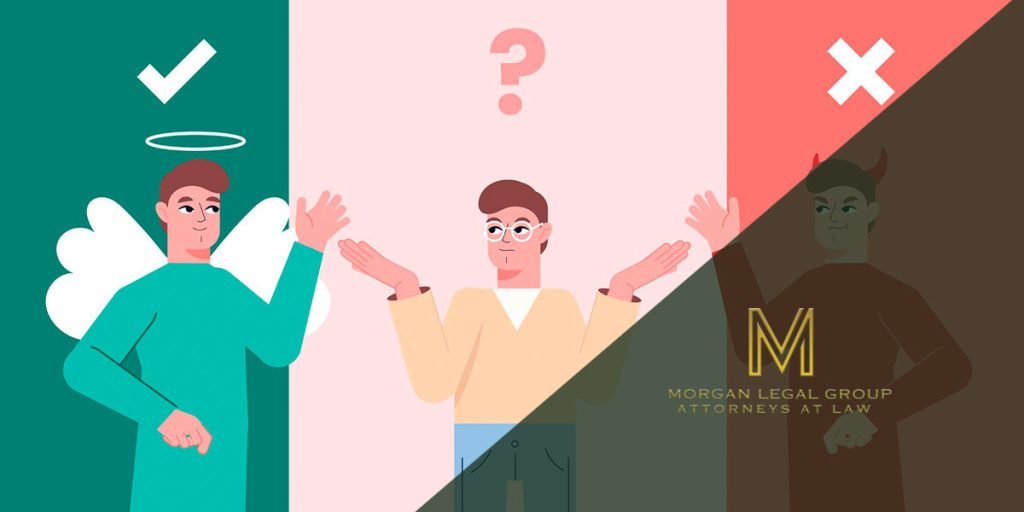Who Decides if Probate is Needed?
Probate is a legal process that involves validating and executing a deceased person’s will. It ensures that their assets are distributed according to their wishes and in compliance with the law. However, not every estate in New York requires probate. The decision of whether probate is needed is influenced by several factors and is determined by specific individuals. In this guide, we will explore the key considerations and the individuals involved in making this important decision.
Factors Influencing the Need for Probate
Several factors play a crucial role in determining whether probate is necessary for an estate in New York:
1. Type of Assets
The types of assets left behind by the deceased individual significantly impact the need for probate. Assets held jointly with rights of survivorship, for instance, typically pass directly to the surviving owner and bypass probate. Similarly, assets with designated beneficiaries, such as life insurance policies or retirement accounts, also avoid probate.
However, assets solely owned by the deceased may require probate to transfer ownership to the designated beneficiaries or heirs.
2. Estate Value
The total value of the estate is another critical factor. In New York, estates valued at $50,000 or less may be eligible for a simplified probate process known as a small estate proceeding. This expedited process allows for a faster distribution of assets without the extensive probate proceedings.
For estates exceeding this threshold, a formal probate process may be necessary.
3. Validity of the Will
If the deceased individual left a valid will, it provides clear instructions on how their assets should be distributed. A valid will streamline the probate process and guide the court in executing the individual’s wishes.
If the will is contested or deemed invalid for any reason, it may lead to a more complex probate process, potentially requiring court intervention to resolve disputes.
4. Debts and Creditors
Outstanding debts and creditors’ claims against the estate can impact the need for probate. The probate process provides a structured framework for addressing these financial obligations. It ensures that creditors are notified and their claims are appropriately addressed before distributing assets to beneficiaries.
Individuals Involved in Deciding Probate Necessity
Several key individuals play a role in determining whether probate is needed for an estate in New York:
1. Executor or Personal Representative
If the deceased individual is named an executor or personal representative in their will, this individual takes the lead in initiating the probate process. They are responsible for filing the necessary documents with the court, gathering and valuing assets, paying debts, and ultimately distributing assets to beneficiaries as directed by the will.
The executor’s judgment and understanding of the estate’s complexity are pivotal in assessing the need for probate.
2. Probate Attorney
A probate attorney, like those at Morgan Legal Group in New York City, provides invaluable expertise in navigating the probate process. They assess the estate’s circumstances, review the will, and advise on whether probate is necessary based on New York state laws and the specific details of the estate.
The probate attorney works closely with the executor to ensure all legal requirements are met.
3. Surrogate’s Court
The Surrogate’s Court in New York oversees the probate process. It is the court’s responsibility to review the submitted documents, validate the will, and appoint the executor. If there are any disputes or challenges to the will, the Surrogate’s Court will address them.
The court’s determination of whether probate is necessary is a crucial step in the process.
4. Beneficiaries and Heirs
Beneficiaries and heirs have a vested interest in the estate’s administration. While they do not directly decide if probate is needed, their input may be considered. They may work closely with the executor and probate attorney to ensure their rights are protected and that the estate is handled appropriately.
Conclusion
Various factors, including the type and value of assets, the validity of the will, and the presence of outstanding debts influence the need for probate in New York. The individuals involved, including the executor, probate attorney, and the Surrogate’s Court, collaborate to make this important determination.
At Morgan Legal Group in New York City, our experienced probate attorneys are well-versed in New York state laws and can provide expert guidance in navigating the probate process. Contact us today for comprehensive probate assistance tailored to your specific needs.




